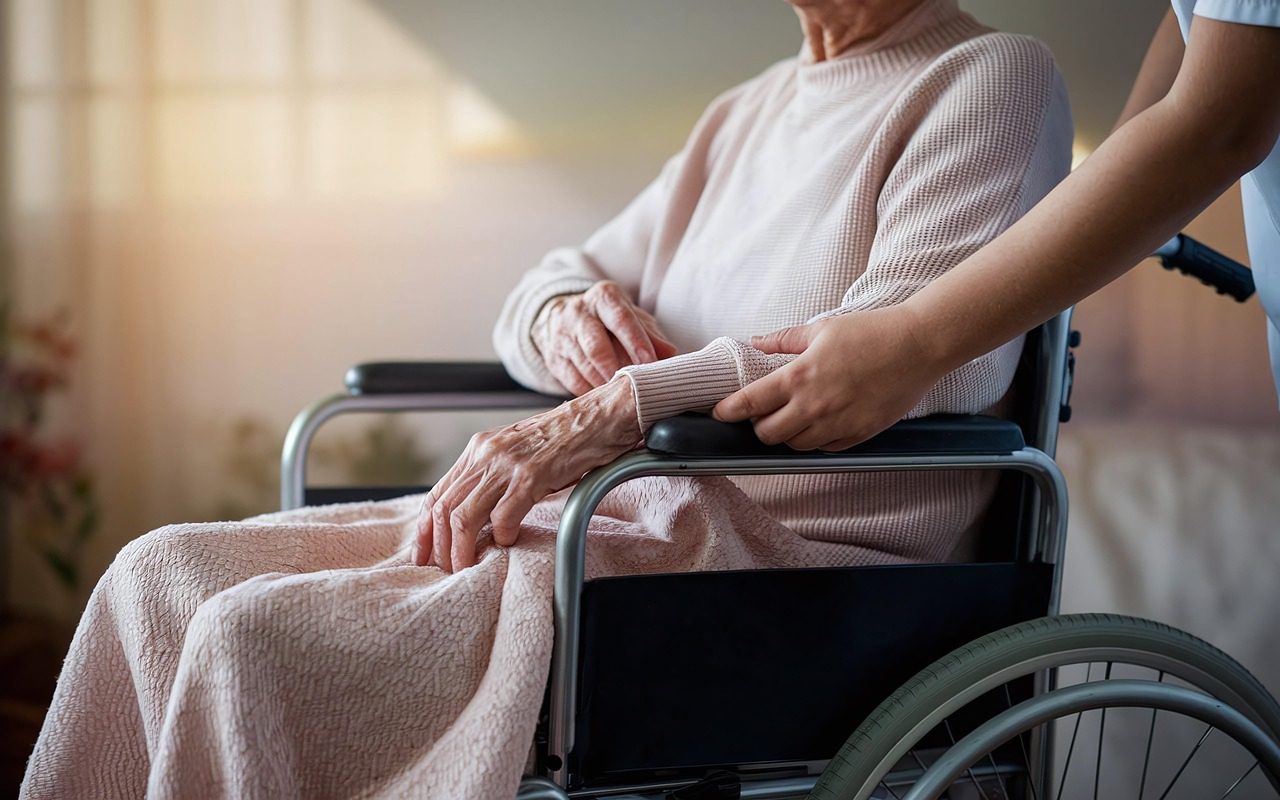Nancy is one of the many individuals who have turned to the new class of weight loss medications, GLP-1/GIP agonists, in hopes of shedding 50 pounds. These drugs, which have gained attention for their effectiveness in managing obesity, type 2 diabetes, and heart disease, work by lowering blood sugar, improving A1C levels, and interacting with the brain’s hunger centers to suppress appetite. They also slow the process of food emptying from the stomach, which helps people feel fuller for longer periods. For many, these medications can be a breakthrough in managing the physical aspects of obesity, making it easier to regulate their eating habits.
The Complexity of Emotional Eating
Nancy’s decision to try the medication was supported by her doctor, but her story reflects a more complex challenge. While the medications helped with the physiological aspects of weight management, Nancy had a long history of emotional eating. She often used food as a way to cope with stress, negative emotions, and low self-esteem. When she felt overwhelmed, her go-to comfort was fast food, often carb-heavy and rice-based, which only reinforced her unhealthy habits.
The challenge of losing weight when you’re an emotional eater is far more complicated than simply taking a pill. Emotional eating is not about physical hunger—it’s a response to psychological triggers like stress, sadness, or a feeling of emptiness. While medications like GLP-1/GIP agonists can regulate hunger signals and help with satiety, they do little to address the emotional, relational, and spiritual factors that contribute to eating behavior.
Medications Alone Aren’t Enough
For Nancy, although the physical “food noise” in her head had quieted, the habit of reaching for high-calorie, processed foods during emotional distress remained. She understood that the medications alone wouldn’t be enough to overcome the deeper emotional issues that led her to eat in the first place. To achieve lasting success with her weight loss, Nancy realized that she needed to address both her emotional eating habits and the underlying psychological triggers.
Seeking Help Through Therapy
In pursuit of healing, Nancy sought professional help. Her therapist introduced her to Cognitive Behavioral Therapy (CBT), which helped her address negative self-talk and work on healthier coping strategies. One important intervention was creating a “trigger inventory,” a record of situations where she was tempted to eat emotionally, even though she wasn’t hungry. This inventory allowed Nancy to identify the emotional cues that led to overeating. She learned to pause and reflect before reaching for food, asking herself, “Do I really need to eat right now, or can I replace this behavior with something that will calm me down?” Through this practice, she began to replace food with other coping mechanisms, like deep breathing or journaling, which helped her manage stress without resorting to emotional eating.
The Role of Faith in Healing
Equally important was integrating her faith into her healing process. Nancy’s therapist encouraged her to explore Bible verses that affirmed her worth and identity in Christ. To her surprise, Nancy found an abundance of Scriptures that spoke to her value as a person created in the image of God. Through prayer and meditation on the Word, she began to internalize the truth that her worth wasn’t defined by her appearance or past struggles, but by her relationship with God. This spiritual journey became an integral part of her healing, helping her rebuild her self-esteem and sense of belonging.
Addressing Trauma and Its Impact on Weight
Additionally, Nancy participated in couples therapy with her husband, as her weight was intricately tied to past trauma. She realized that her emotional eating had started as a way to cope with a sexual assault she experienced in college. In an unconscious attempt to protect herself from further harm, she had used food as a barrier, distancing herself from intimacy and the vulnerability of physical connection. Now, as an adult in a loving marriage, Nancy recognized that her weight had been a shield—both emotional and physical—that kept her from fully trusting others. Working through the trauma with her husband, addressing feelings of fear and shame, and rebuilding her trust in their relationship were crucial steps in ending her reliance on food as a means of protection..
The Importance of Holistic Healing
Nancy’s journey serves as a reminder that obesity is a complex medical condition, often compounded by emotional, relational, and spiritual struggles. While medications like GLP-1/GIP agonists can help manage the physical aspects of obesity, addressing the emotional and spiritual aspects of eating is just as important. By seeking therapy, drawing strength from her faith, and confronting past trauma, Nancy was able to heal holistically—body, mind, and spirit. In the end, the path to lasting weight loss and well-being involved much more than a pill—it was about finding balance in her physical health, emotional healing, and spiritual wholeness.
Nancy’s story reflects the experience of many individuals who struggle with obesity and emotional eating, showing that true healing requires attention to the soul and spirit, as well as the body.



